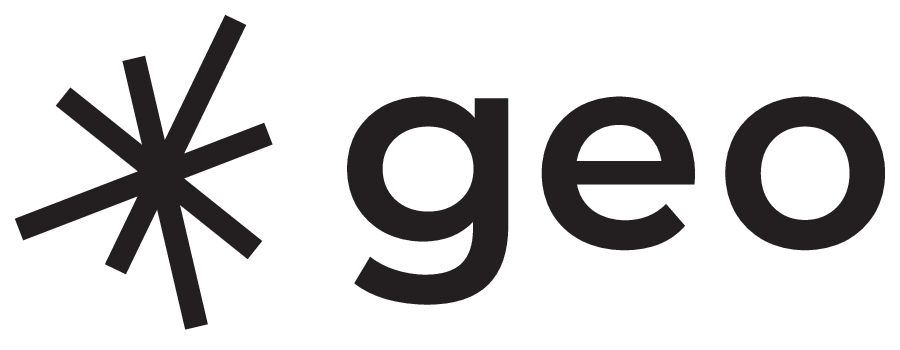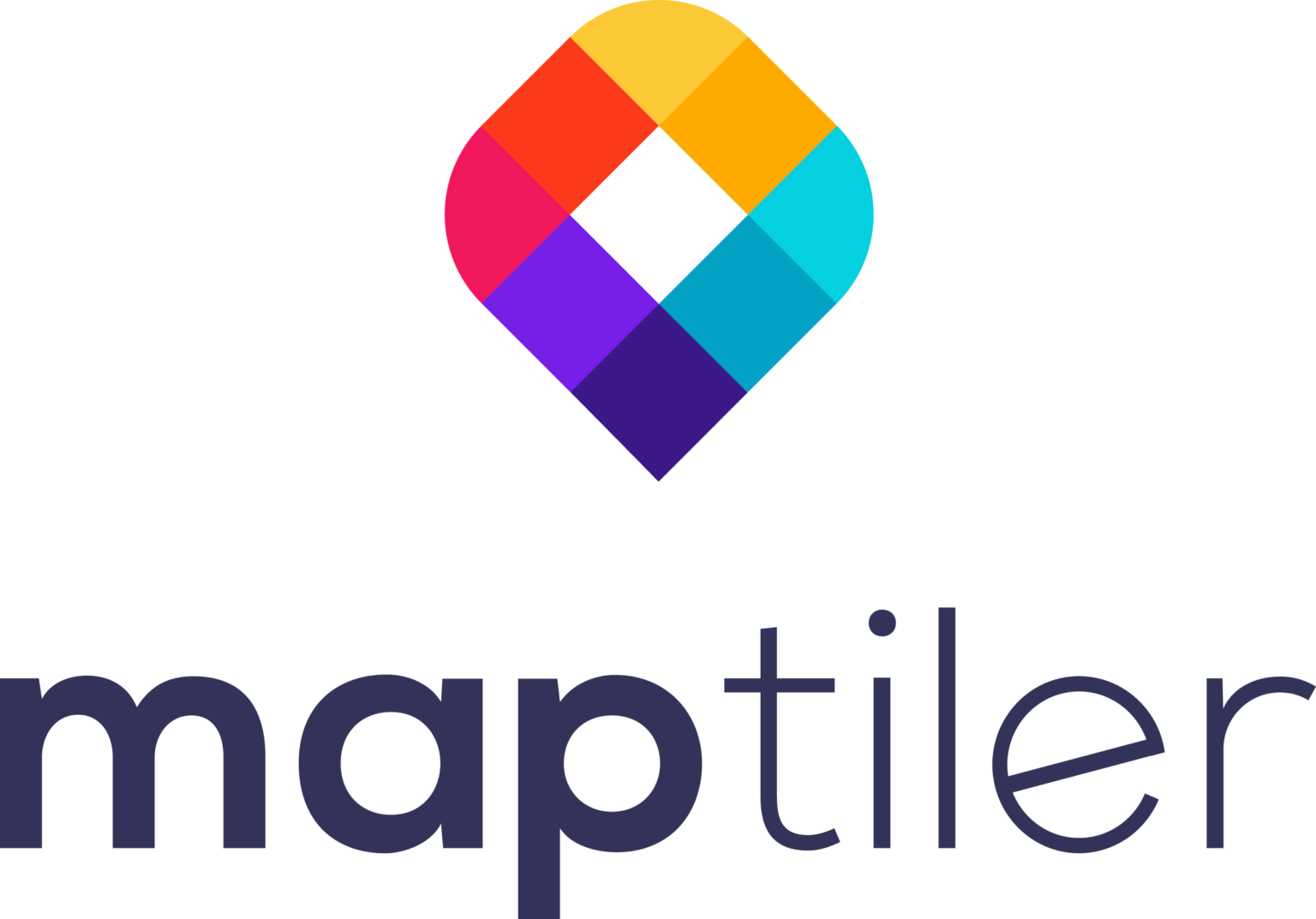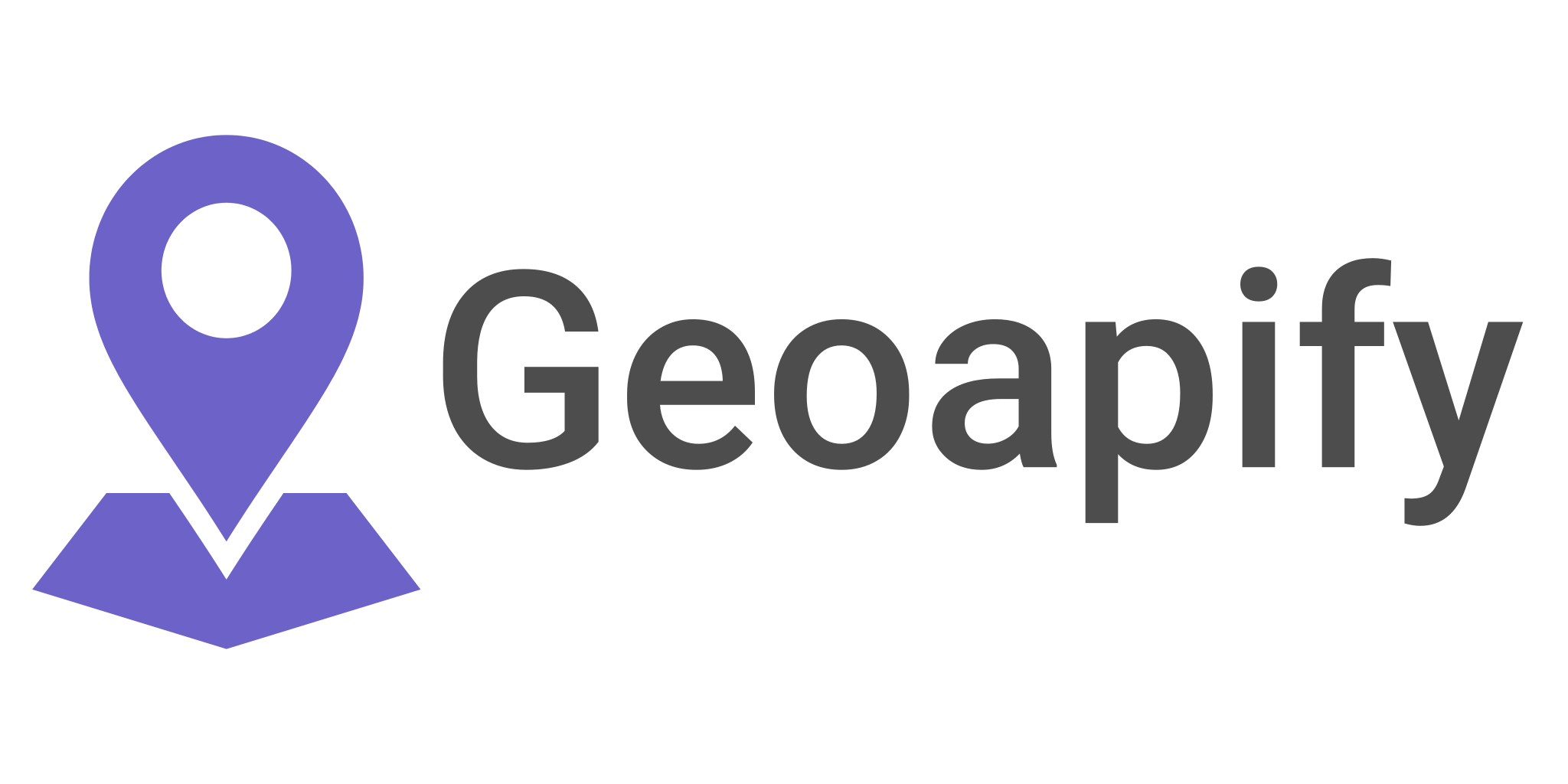Making A Mid-Career Change In Geospatial
This episode features Thierry Gregorius, who runs an executive and career coaching service through True Horizon Coaching. He has worked in geospatial careers across multiple industries, but predominantly with energy and the environment for both large and small companies for over 25 years. A couple of years ago he requalified as an executive and career coach, and now does coaching alongside his regular job. Thierry is a returning guest who also featured in a previous episode “Getting where you want to go in your geospatial career”, which we recommend giving a listen. On today’s episode, the focus is on how you can make a change mid-career once you have already got some experience in the geospatial industry.
How Do You Know It Is Time to Make a Career Change?
Making the decision to change your career can happen actively, or reactively – as in responding to a situation or opportunity. If you have a clear interest in something that you want to build a career around, then you can be very intentional in making proactive decisions that move your career towards that direction.
If you have not found your interest yet, the first stage may mean being opportunistic and responding to situations. This may be the door to finding your interest or passion, after which you can become proactive in doing the things that move your career in the desired direction. Ultimately, you have to be proactive in aligning your actions with where you want to go. If you do not do something, then nothing will change, or things may change, but not in ways that align with your interests.
The Struggle Between Security and Freedom
Humans in general are not really wired for change. We like things to be stable and secure. It is quite normal that if you are in a job that makes you feel secure, you will want to stick with it, even if it does not tick all your boxes of a desired career, or enable your ideal life. Everything else looks too risky, especially if you have a mortgage, kids, or other kinds of bills, which reduces your risk tolerance for trying new things. It is a hard balance to find, and many people resort to telling themselves that they should be grateful for the job they have – great colleagues, interesting work, stable income etc. More often this is in conflict with what the person is actually feeling. It takes quite a lot of reflection and awareness to realize this, and being honest with yourself can motivate you to do something about your career.
How Do You Deal with the Mental Security of Being an Expert?
When you have been doing something for a while, you build a significant skillset around it. There is a certain amount of personal attachment to your own identity as an expert in that field. Leaving that field to try something else may sometimes mean that you have to start somewhere lower down the chain, and this may come as a threat to your mental security of being an expert. While it is scary to change because you have invested a lot in becoming the expert that you are, you can make use of your transferable skills. It is not wasted effort having invested all your career in a particular speciality. There is a lot you have gained that you can take to a new type of role.
Job Crafting
Job crafting is the practice of exploring opportunities in the workplace by actively changing tasks and promoting new interactions with others. This is a good way to experiment and discover the things that excite you. One way to do it is by trying to incorporate the elements that interest you personally into your job and seeing how they work out. If your organization allows it, you can move around the organization to experiment and experience different areas of the business. If your job is framed in a way that you cannot really experiment in it, you can experiment on your own time by starting some hobby projects or doing some freelancing on the side. Be sure to check with your employer if freelancing is allowed before getting too deep into things.
Experimenting Through Informational Interviews
There is a lot to gain when you decide to experiment before going all in on something. Using informational interviews is one way to experiment without having to actually try everything out yourself. There is so much to learn from conversations with people who work in fields or organizations that interest you (as you may have learned through listening to this podcast). An informational interview is a casual conversation with someone in a role of interest, where you discuss their career and journey. The benefit of informational interviews is that you may learn through the experiences of other people in a way that resonates with you, but without investing all the time up front into having those experiences yourself. You will not only learn about that industry, but build your network in it as well.
The Ultimate Experiment: Charging Money for Your Services
If a career change for you means starting your own business, then you will ultimately come to the point where you need to charge your customers for what you are offering. At the start, it may be difficult to know how you should price your services. This is the ultimate test – if you choose to price yourself in a certain way and actually land paid customers, then that would be valid feedback that what you have created is actually needed. As opposed to asking for feedback from friends and family, who tend to always give positive feedback, people who actually pay for your services will give more authentic feedback, and be a better test of viability.
Do You Have To Leave Your Job When Making A Career Change?
When making the decision to pursue a mid-career change, it should not always be a question of one job or the other. You can do multiple things at the same time. If you have an ongoing job that enriches what you want to do, you can still keep it, and inform them about what you want to do on the side. Keeping them in the know will help in building an understanding that keeps everything crystal clear and ethical. It helps to avoid issues of possible conflicts of interest that may arise. It may even be that your side hustle helps you improve your skills at your day job, then everyone wins.
Breaking the Myths About Making A Mid-Career Change
A majority of people tend to think that making mid-career changes is only for the brave and inspirational. This does not have to be something that is reserved for people who we think we consider to be brave and confident enough to make that move. It’s not a question of being brave, but feeling more discomfort standing still. The discomfort of feeling stuck is much greater than that of moving into the unknown, trying something new, or risking something.
Is Taking a Career Break Helpful?
Taking a career break can be a really rewarding experience if you take the time to be honest with yourself and reflect on questions like what would you do with that time? What would you like to get out of it? Where would you want to end up at the end of it? If you do not have a clear plan on how a career break could be helpful, you might come back after a year of traveling and realize that you haven’t really progressed towards where you want to be. You definitely had a nice time away, but you just returned to the same point you were before, without bringing your evolution forward in any way.
How Should We Look At Qualifications and Certifications?
For the most part, qualifications are really important at the start of your career, because they are a way to get your foot in the door. As your career progresses, what matters more is that you are still actively learning. You do not always get a degree certificate for what you are continuously learning in your job, but you keep on learning and growing nonetheless. It is more important to show our experience and the work that we have done, and what we can do, than just listing qualifications.
Recommended Podcast episodes focusing on careers in Geospatial
Getting Where you want to go in your geospatial career
Geospatial Side Hustles
I quit my job
Mentorship, leadership and career advice
Business ideas for geospatial people
What is your idea
Python Maps
For more episodes just visit https://mapscaping.com/podcasts/
and sort all the episodes by “geospatial career”







